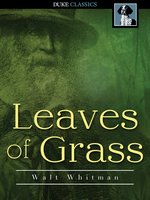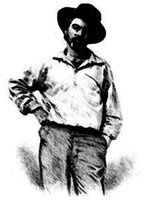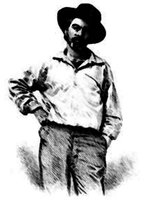-
1
-
2
-
3
-
4
-
5
-
6
-
7
-
8
-
9
-
10
-
11
-
12
-
13
Streaming video - 2013
Saved in: -
14
Search tools:
Get RSS feed
–
Email this search



